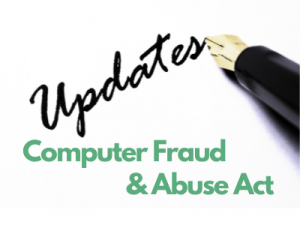I’ve taken a quick detour into a concise new biography by Richard Brookhiser of Chief Justice John Marshall, of Marbury v. Madison, judicial review fame. It’s a gossipy page turner. For instance, John Marshall and Thomas Jefferson, second cousins, hated each other, and you have to view Marbury from one perspective with that in mind. Because Marbury is a brilliant “judicial jiu jutsu” move against Jefferson, part of Marshall establishing the Supreme Court’s power to rule acts of Congress unconstitutional. And Blackstone is a part of that.
Because Chief Justice John Marshall’s legal education was centered on Blackstone’s Commentaries on the Laws of England. Thomas Marshall, John’s father, had the first American edition of the Commentaries in his home, and made his sons read it because he wanted them to be lawyers. John Marshall’s only formal training in the law was when he attended a lecture series on the Commentaries at William and Mary College. Finally, in Marbury , the Chief Justice quotes Blackstone in affirming the “general and indisputable rule” that, where a legal right is established, a legal remedy exists for a violation of that right.
This is just a quick reminder on how foundational Blackstone is to U.S. jurisprudence. Chief Justice Marshall took the United States Supreme Court from a constitutional backwater and made it the modern powerhouse it is. And Blackstone was part of that empowerment.
This is part of our sequentially numbered, ad hoc notes on William Blackstone, as we read his Commentaries on the Laws of England and come across his influence.




